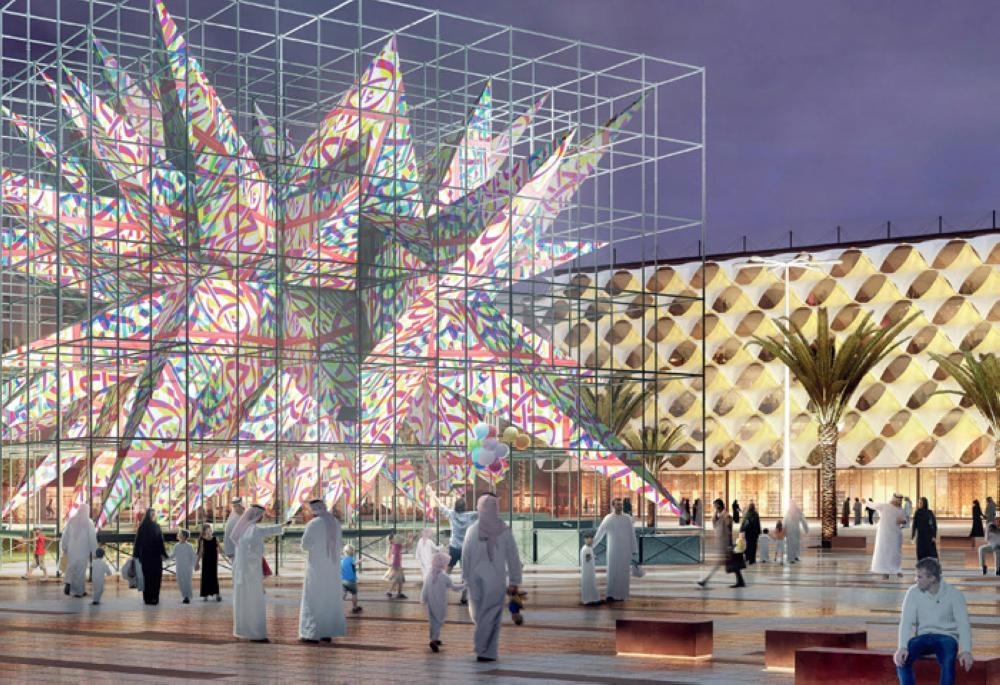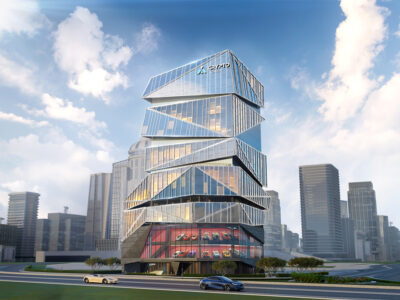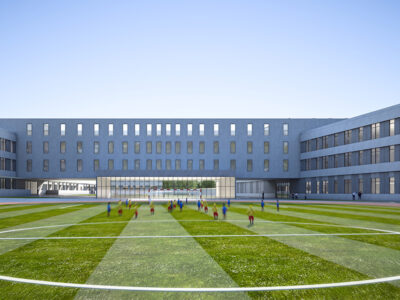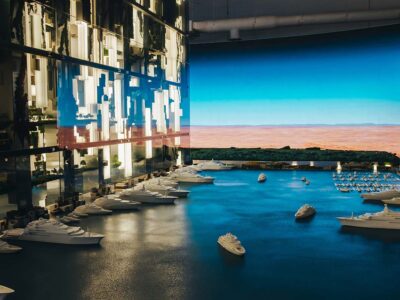Saudi Arabia’s Crown Prince has directed officials to complete work on the Riyadh Strategy 2030 which aims to transform the capital into one of the world’s top 10 city economies.
Prince Mohammed bin Salman bin Abdulaziz, Crown Prince, Deputy Prime Minister and chairman of the Royal Commission for Riyadh City (RCRC), chaired a meeting of the board to review progress with the Riyadh Strategy 2030 in preparation for its launch.
According to Saudi Press Agency, the Crown Prince directed government entities at national and city level to conclude the planning of the strategy.
The entities will work closely with the RCRC to deliver the detailed plans and map out the initiatives and projects relevant to their respective sectors, while defining budgets and responsibilities to ensure a “robust and integrated governance framework” for the strategy’s implementation.
The strategy, first announced during the Future Investment Initiative (FII) conference in January, aims to support the plan to double Riyadh’s population to 15–20 million people, while increasing the number of visitors to more than 40 million by 2030.
The strategy is built around six main pillars – economic growth, developing national human capital and attracting the best global talent, enhancing quality of life, word-class urban spatial planning, prudent governance of the city’s resources and creating a global brand that enhances the prominence of the capital while improving its competitiveness.

The strategy will be implemented through 26 sectoral programs, including more than 100 initiatives and over 700 pioneer projects across various sectors and in different parts of the city.
Riyadh represents about 50 percent of the non-oil economy in Saudi Arabia while the cost to create jobs in the city are 30 percent less than the other cities of Saudi Arabia, the Crown Prince said in January.
Saudi Arabia’s King Salman in 2019 launched four wellbeing projects costing $23 billion for Riyadh, which aim to significantly improve the lives of its citizens and transform the city into one of the world’s most livable cities.
The four projects – King Salman Park, Sports Boulevard, Green Riyadh and Riyadh Art – complement the Saudi Vision 2030’s Quality of Life Program.
The government will invest $23 billion, with the four projects offering opportunities worth $15 billion for the private sector to invest in the residential, commercial, recreational and wellness areas.

At 13.4 sq km, King Salman Park will be the largest city park in the world. Besides residences and hotels, it will feature a Royal Arts complex, theatres, museums, cinemas, sports venues, water features, restaurants and an 18-hole Royal Golf Course.
The park will also boast several landmark assets, including the Riyadh Fountains and a Vertical Garden.
Green Riyadh will increase the green cover in the Saudi capital with the planting of 7.5 million trees. This will help increase the city’s green cover from 1.5 percent of the total area to 9.1 percent, or approximately 541 sq km, by 2030.
Sports Boulevard will feature a 135km-long cycling track covering the city and the surrounding valleys, the first of its kind in the region while Riyadh Art will be the world’s single largest government investment in public art and will establish the city as “a gallery without walls” through an interactive public arts program.
With 1,000 art pieces curated through 10 separate arts programs and an annual arts festival, the project will feature large-scale art works and will have as its centrepiece an iconic installation that will be Riyadh’s 21st century landmark art statement.








